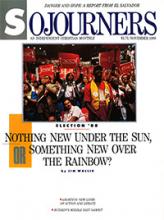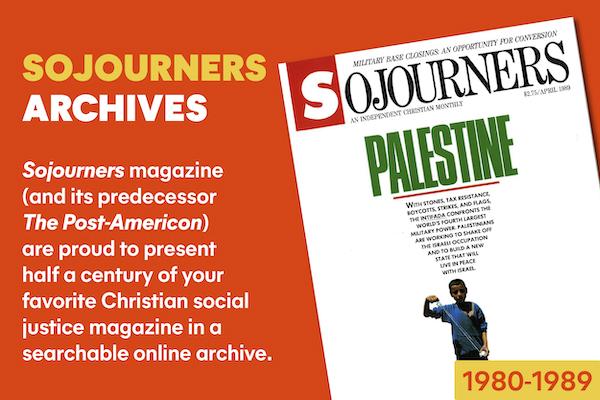Fleeing a tragic civil war, almost one million refugees from El Salvador live silently in our midst. Some come with families. Some are alone. Few speak English. Few have work skills. Very few have money. Some have medical problems. Many have mental problems rising from their experiences at home: repression, terrorism, and outright combat.
Post Traumatic Stress Disorder, the diagnosis given so many of our Vietnam veterans, is widespread among Salvadoran refugees. Because most of them have entered the United States illegally, they are afraid to seek help for their difficulties because of the threat of deportation by the U.S. Immigration and Naturalization Service, whose policy accords political asylum to only a tiny percentage of their number.
What follows is an account of one refugee's story, changed only in minor details to protect her identity. A similar story could be told by almost any one of the million refugees. —B.B.Z.
We did not need the money to put food on the table. I got the idea of having a store just to earn a little extra--to buy a pretty dress for the baby, books for my older son who was doing so well in the primaria. He was so intelligent. He could become a teacher like his father. Extra money can buy food for the spirit, help it grow strong and beautiful.
I started with a few staples--flour, salt, cooking oil, some cans of milk, coffee--arranged on a shelf in the living room. The neighbors soon learned to come through the open front door to buy a little of this, a little of that. I liked to feel the weight of coins in my apron pocket.
Read the Full Article

